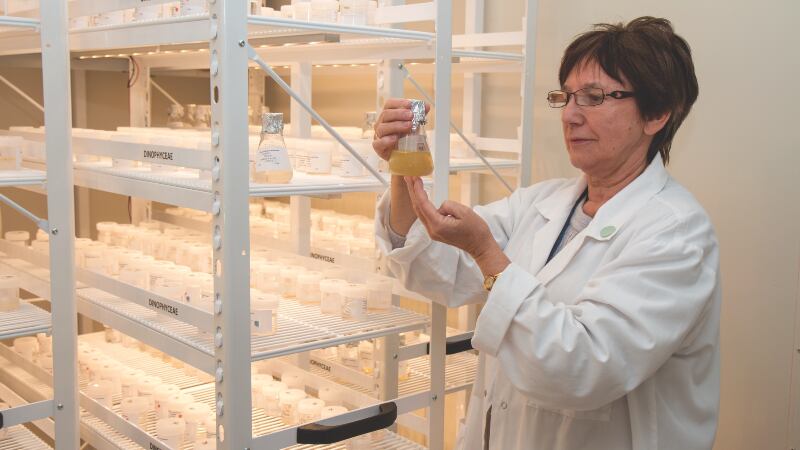A potential new regulatory framework for the industry is included in the mammoth Therapeutic Products Bill, which also include medicines and medical devices, currently making its way through the parliamentary process.
The bill was introduced to Parliament last November and referred to the Health Select Committee for consultaions.
The committee then received more than 16,500 written submissions on the proposals, including many from the natural health products sector, as well as a detailed response from trade body Natural Health Products New Zealand (NHPNZ).
Since then, oral hearings have taken place and the committee is due to report back to the House on Wednesday (June 14).
The topic was high on the agenda at the recent NHPNZ annual summit in Blenhiem, which we attended.
It heard from regulator Medsafe’s group manager Chris James who conceded the current regulations, which date back to 1985, were ‘limited and old’.
While stressing he was restricted on what he could say due to the parliamentary process, he added the new proposals would move away from a tick box approach to a risk-based regime.
“We want to identify risks and reassure public that products are efficacious, safe, and made to quality aspects,” he said, reiterating the current rules did not provide an approval process for dietary supplements or permit health claims.
NHPNZ’s government affairs director Samantha Gray told the summit that the consultation period of around three months was very short for such a substantial piece of legislation.
That said, the organisation was able to pull together a comprehensive response, which was followed with oral submissions to the committee.
“We provided a lot of detailed feedback which pulled out themes across the industry and emphasised how things work in real life, showing that the legislation needed to be amended.
“Our industry is a rising star of the economy, so we need this bill to be correct,” she added.
NHPNZ identified five key changes and commitments that needed to be enshrined in the bill – namely that it need to proportionate and distinguish between natural health products and pharmaceuticals; that it allowed for extensive health claims to meet consumer demands for substantiated benefits; that the costs burden of new regulation was not a burden; that it provided a robust framework to support exports; and that the regulator was adequately resourced to deal with the new rules.
“We have about 20,000 products on the market that aren’t currently touched by regulation, and soon could be,” Gray noted.
Polling day
One other potential hurdle on the horizon is the forthcoming general election, slated for October 14.
Industry players in the country are only too aware of the risks this poses, if parliamentary time runs out.
Back in June 2017, a previous version of the bill was awaiting the Committee of the Whole House stage when the Ministry of Health conceded that time would run out before the September polls.
This led to the 1985 regulations remaining in place up to today.
Gray told us: “At the moment the timeline of the bill is still on track to be fully passed prior to the house rising. However, the timeline is tight and there could be delays. It will also depend on the shape of new government. Fingers crossed we don’t end up back at square one.”
If that can be avoid, next steps through the secondary legislation process would include a ‘huge piece of work’ to fill in the details around issues such as permitted ingredients and health claims.
Should the bill make it on to the statute book, it would come into force in September 2026. Only then would the transition begin.
The industry believes the export benefit to reaped from a world-class regulatory regime would be substantial, and points to the overseas success of the Australian industry, which is widely considered to have one of the most robust systems.





